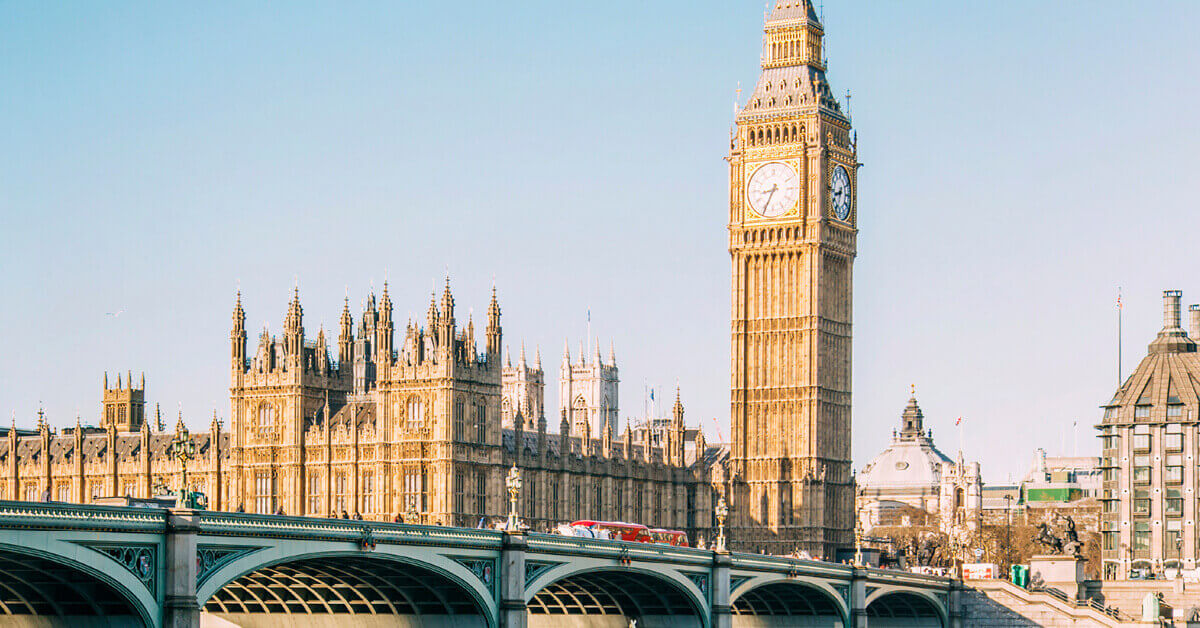Sizeable Majority
The Labor Party, led by Sir Keir Starmer won 412 seats with a 34 percent vote share in the 2024 polls. Given that opinion polls have been pointing to a sizeable labor win for some time, market reaction to the result has been muted. GBP is little changed around $1.277 while FTSE futures were up around 0.2% ahead of the open in the UK.
UK General Election 2024
The Labor Party won a substantial majority, a significant increase from the 2019 election, where Labor won 202 seats with 32.3 percent vote share. The Conservatives saw their vote share plummet by 20 points to 24 percent and the party lost 251 seats.
Labor would win a sizeable majority, was not unexpected, opinion polls have been pointing to that outcome for some considerable time. MPs are expected to be sworn in on Tuesday (July 9th).
The Conservative Party
The Conservative Party, in government since 2010, has lost just shy of 250 of the 365 seats it won at the 2019 General Election. It is set to be the second largest party in the new parliament and so will be the official opposition to the Labor government.
Outgoing Prime Minister Rishi Sunak conceded defeat before Labour passed the overall majority threshold doing so during his acceptance speech after retaining his seat. Amongst the prominent Conservative MPs to lose their seats were cabinet ministers Grant Shapps (the outgoing Defense Secretary), Penny Mordaunt (outgoing Leader of the House and former leadership candidate), William Rees-Mogg (former Business Secretary) and former Prime Minister Liz Truss.
Turnout
Turnout is estimated to have been 59%, down on the 2019 figure of 67%. Labor increased its vote share by just a little over 2ppts from 2019. The Conservative’s share of the vote is estimated to have fallen to 23.5% (from 43.6% at the 2019 election). Reform UK, led by Brexit campaigner Nigel Farage, has won 14% of the vote and 4 seats. In Scotland, the Scottish National Party (SNP) has lost 38 seats.
The Kings Speech
A new Labor government is expected to move quickly to set out its legislative priorities ahead of parliament’s summer break. The King’s Speech which sets out the governments’ priorities, is scheduled to take place on Wednesday 17th July.
Rachel Reeves was appointed as the Chancellor of the Exchequer in the new government. She has downplayed the prospects for an immediate post-election fiscal event. She has indicated that her preference is to provide the OBR with the 10-week notice period for it to produce a forecast as set out in the memorandum of understanding between it and the Treasury. That would push back a likely date for a first fiscal event into the Autumn.
Policy making
A watchword of the incoming Labor government is ‘stability’ both in terms of policy making. That extends to the Bank of England where the manifesto commits labor to preserving the BoE’s independence and 2% inflation target. Reeves has also been quick to rule out changes to the current system of paying interest in reserves held in the BoE’s Asset Purchase Facility (APF).
Given what we know of the economic and fiscal plans of the incoming Labor government, we don’t see the outcome of the election as reason to adjust our current BoE call and still see the MPC to delivering a first 25bps rate cut at its August meeting followed by another 25bps cut in November.
Landslide Victory
Peter Schaffrik, Global Macro Strategist, joins Bloomberg on-location from Westminster to discuss the outlook for the economy following Labors' landslide victory in the UK general election. Click here to get the insight.




